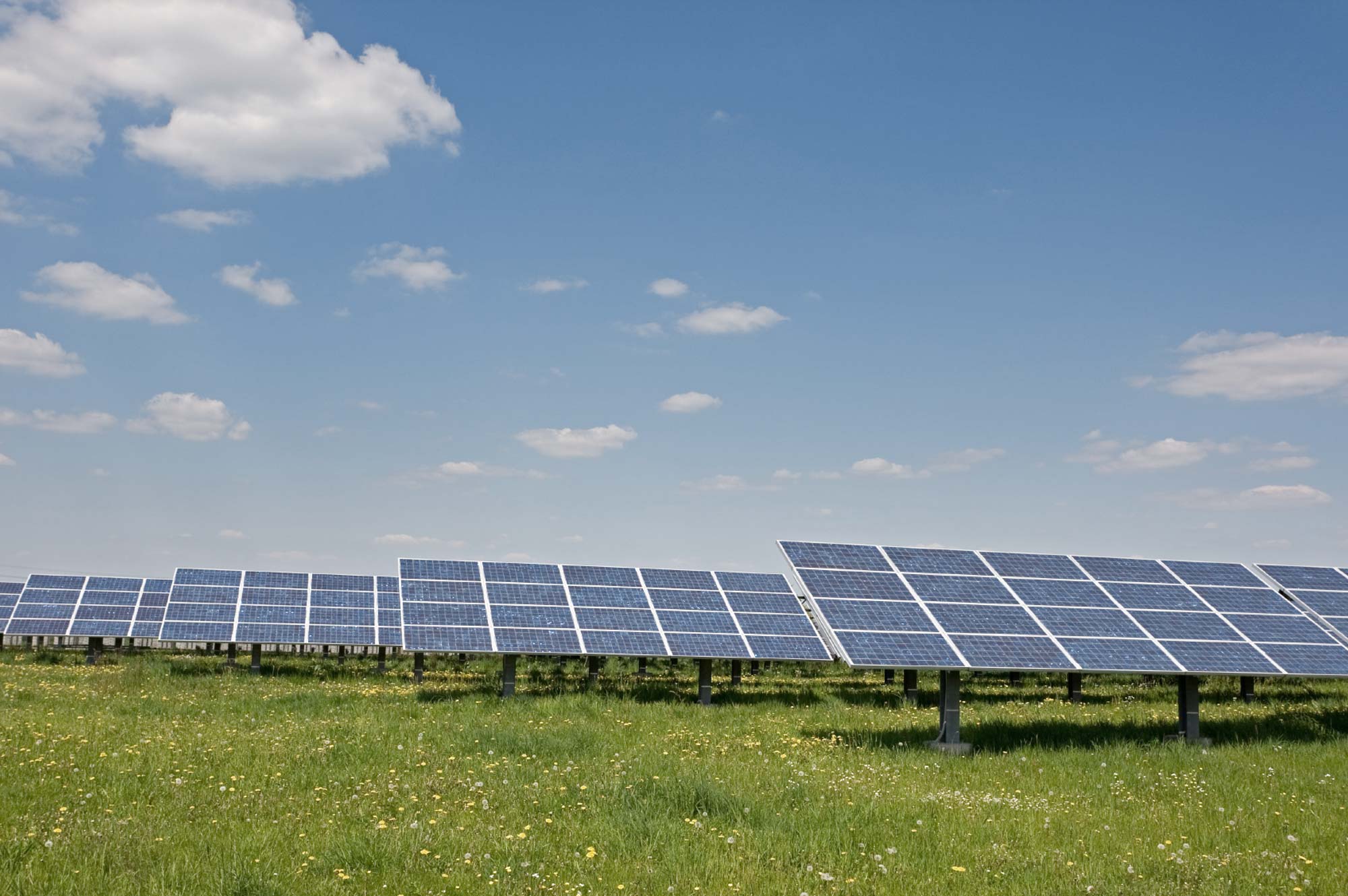Phasing out super greenhouse gases (F-gases)
Many refrigerators and air conditioning systems in Europe contain fluorinated gases (F-gases) that can exacerbate climate change 23,000 times more than CO2.
Since 1990, F-gas emissions have risen by 60%, while emissions of all other greenhouse gases have fallen. The useful life of products and equipment containing F-gases can be as long as 50 years.
Accordingly, tighter rules were needed to prevent continued increases in F-gas emissions over the coming decades.
The Greens were placed in charge of drafting this new legislation, which will also serve as a stepping stone to an international agreement aimed at altogether phasing out these super greenhouse gases.
What was the Greens' position?
Phasing out F-gases will help European businesses invest in climate-friendly innovation and give them a competitive edge globally. Existing environmentally friendly alternatives can replace F-gases in almost all new equipment. In fact, more than 400 EU-based manufacturers use them already.
The Greens pushed for a ban on F-gases in stationary air-conditioning systems and refrigeration equipment from 2020 onwards. We also wanted a fast overall phase-out of F-gases, a requirement for Member States to set up schemes to recover them from refrigerators and air conditioning systems, and the introduction of a fee for using the F-gas quota, along the lines of the European Emissions Trading Scheme (EU ETS).
Did other MEPs accept the Greens' position?
The resulting legislation represents the single largest contribution to climate protection achieved during this legislature, despite several compromises.
The phase-out schedule representing a 79% reduction in F-gases between now and 2030 was maintained. Additional bans on using hydrofluorocarbons (HFCs) in key refrigeration and air-conditioning applications were included. The ban on the use of HFCs in small air-conditioning systems is crucial, as this is one of their fastest-growing uses and a domain in which their prohibition will give a boost to European manufacturers of sustainable alternatives to primarily imported equipment and also create new green jobs.
Furthermore, the law stipulates the destruction or recycling of by-product emissions, including imports. This is significant, since F-gases are often produced in third countries.
Which points did the Greens lose?
The Greens wanted an allocation fee of €10 per tonne of CO2-equivalent of F-gases to be levied, instead of handing out quotas for free. The revenue generated in this way could have been used to support the implementation of the new legislation. But most EU Member States resisted this proposal, despite knowing that opposing it could end up generating windfall profits for the handful of HFC producers.
We also successfully negotiated a review in 2017 that will assess the merits of introducing an allocation fee at that stage.
Procedure:Ordinary legislative procedure
Reference(s):2012/0305(COD)
Lead MEP:Bas Eickhout (Greens/EFA)
Green MEP responsible:Bas Eickhout
Voted:12/03/2014
Staff contact:Terhi Lehtonen (Email)
